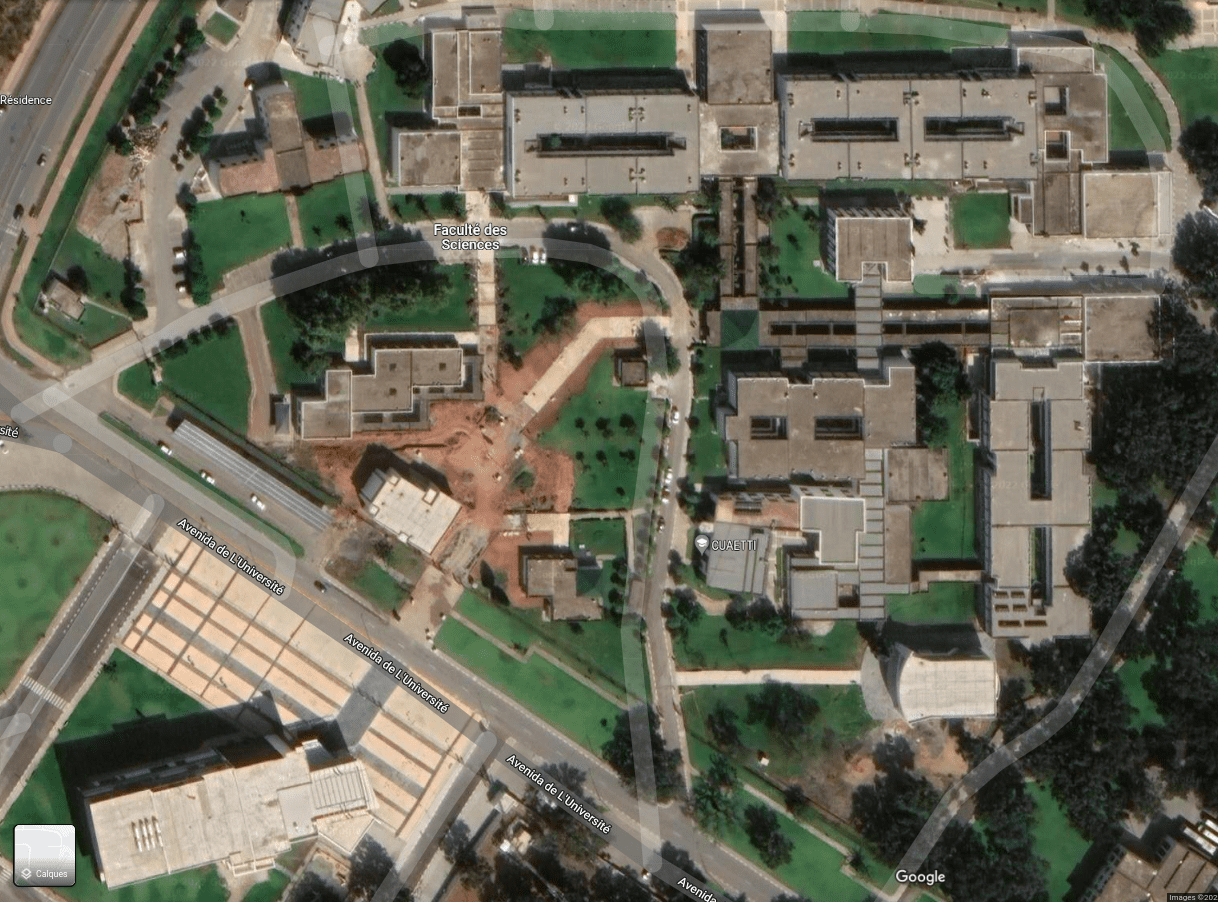Laboratory of Geosciences, Water and Environment, Joint Research Unit of CNRS, IRD, University Toulouse 3 and CNES, is a multidisciplinary and interdisciplinary research laboratory in Earth and Environmental Sciences attached at the Midi-Pyrénées Observatory (OSU OMP). To date, the unit has a staff of 226 people, including 156 permanent staff (52 CNRS, 55 UT3 / CNAP, 38 IRD, 11 CNES) and more than 70 doctoral students and researchers with fixed-term contracts, and thus tackles in 2021, in its current form, his 3rd five-year contract.
Scientifically, the lab is developing its research in very complementary fields of study of the internal Earth, its continental surfaces and interfaces and the environment to improve knowledge (i) on Earth's evolution and dynamics, (ii) on space and in situ observation of the Earth, (iii) on the critical zone and fluid-rock-living interactions, and (iv) on georesources and Contaminants-Environment-Health interactions. One of the strengths of GET is its ability to implement a multidisciplinary approach (strong skills in geology, geochemistry, geophysics, geodesy, hydrology supplemented by geography and sociology approaches) and complementary skills in experimentation, observation of terrain and space and in digital and analog modeling. This approach makes it possible to develop original research to understand the study of objects and processes at different time scales (long times and short times) and space (from the global Earth to the scale of the mineral), by taking into account the couplings between the different terrestrial envelopes (lithosphere, asthenosphere, atmosphere, hydrosphere, biosphere).
The research proposed as part of the 2021-2025 project falls within the priorities supported by the CNRS-INSU, IRD and CNES, on major research and development issues (natural risks, resources and energy, variability and climate change, contaminants and impacts on biodiversity, health and society). On these issues, GET actively contributes to the operation of structuring mechanisms (SNO, IR, TGIR) and national data centers (RESIF, REGEF, OZCAR, THEIA, FORM @ TER, DATATERRA).
Internationally, GET is heavily invested in research and training initiatives abroad, in particular through its IRD supervision. On its 3 major regional projects in the South (West Africa, South America, SE Asia), it contributes to the management of several IRD systems (4 LMI, 1JEAI, 3 GRDI-Sud, 2 CoSav) and CNRS (1 IRL, 2 sub-Saharan Africa projects). He also coordinates SNOs in SIC domains (HYBAM, M-TROPICS) and international scientific services in global geodesy (BGI + IGS Analysis Centers, IDS awaiting INSU labeling). Finally, GET hosts the IODP-France office.
At the regional level, the unit has the Carnot Institute (ISIFOR) label and participates in different networks, structures or competitiveness clusters in different areas (space, digital computing, resources, water, contamination, etc.). Finally, within the OMP, she contributed to the emergence of the TESS University Research School project and the Interdisciplinary Institute of Artificial Intelligence project in the Toulouse hub funded through the PIA3.





